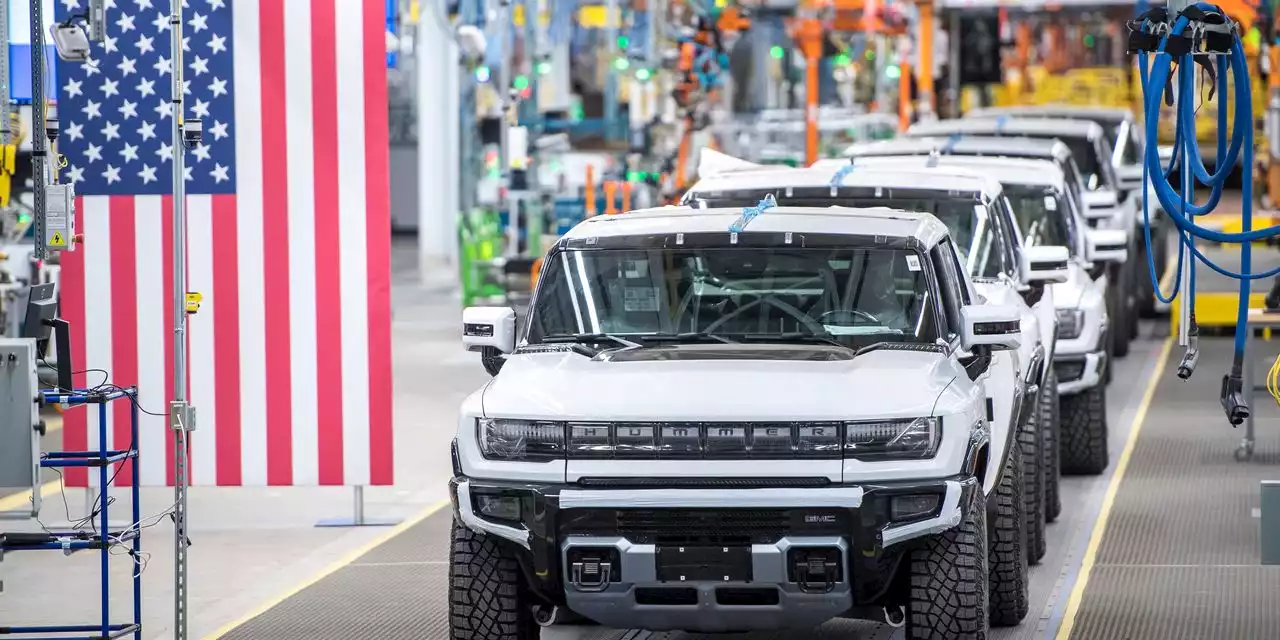OPINION: The immediate challenge is to produce batteries in the U.S., but the longer challenge will be to secure supplies of critical minerals such as lithium and cobalt.
Two electrifying moves in recent weeks have the potential to ignite electric vehicle demand in the United States. First, Congress passed the Inflation Reduction Act, expanding federal tax rebates for EV purchases. Then California approved rules to ban the sale of new gasoline-powered cars by 2035.
China took the lead in the EV market through an aggressive mix of carrots and sticks. Its consumer subsidies raised demand at home, and Beijing and other major cities set licensing quotas mandating a minimum share of EV sales. For the U.S. to scale up its own production, it needs to rely on strategic partners overseas. The Inflation Reduction Act allows imports of critical minerals from countries with free-trade agreements to still qualify for incentives, but not imports of battery components. This means overseas suppliers like Korea’s “Big Three”—LG Chem 051910, -1.27%, SK Innovation 096770, -5.53% and Samsung SDI 006400, -2.17% —which supply 26% of the world’s EV batteries, are shut out, even though the U.S.
Medium-term: Diversifying lithium and cobalt supplies A strong and concerted effort in trade and diplomacy is necessary for the U.S. to secure critical mineral supplies. The “Lithium Triangle” of South America is one region to invest in. Also, Australia, a key U.S. ally, leads the world in lithium production and possesses rich cobalt deposits. Waste from many of Australia’s copper mines also contains cobalt, lowering the cost. GM has reached an agreement with the Australian mining giant Glencore GLEN, -2.20% to mine and process cobalt in Western Australia for its Ohio battery plant with LG Chem, bypassing China.
The 2021 Bipartisan Infrastructure Law set aside $3.16 billion to support domestic battery supply chains. With the Inflation Reduction Act’s emphasis on supporting more affordable EVs—it has price caps for vehicles to qualify for incentives—these funds will be needed to help scale up domestic LFP manufacturing.
United States Latest News, United States Headlines
Similar News:You can also read news stories similar to this one that we have collected from other news sources.
Speedsters For Everyone? Volkswagen Stockpiling Windshields Over Fears Of Glass Shortage | CarscoopsSpeedsters For Everyone? Volkswagen Stockpiling Windshields Over Fears Of Glass Shortage | Carscoops carscoops
Read more »
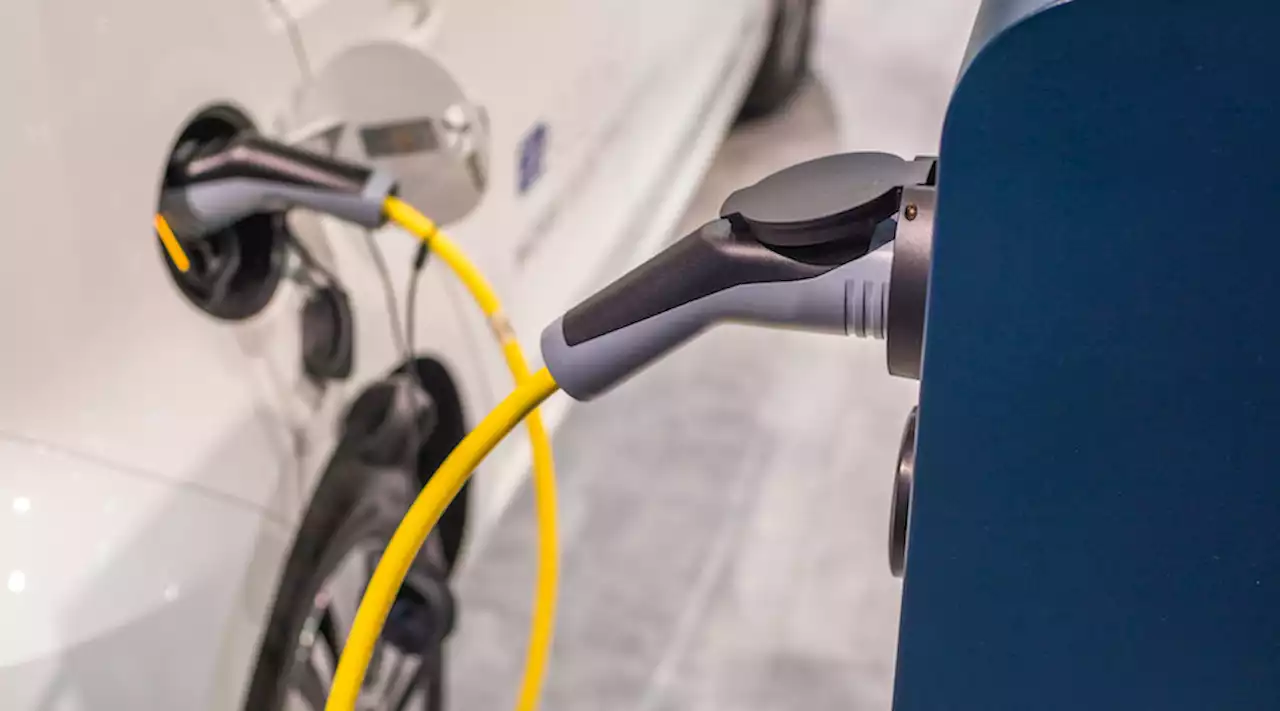 Japan calls for $24 billion investment to boost battery competitivenessA specialist panel tasked with formulating battery strategy also set a target of securing 30,000 trained workers for battery manufacturing and supply chains by 2030.
Japan calls for $24 billion investment to boost battery competitivenessA specialist panel tasked with formulating battery strategy also set a target of securing 30,000 trained workers for battery manufacturing and supply chains by 2030.
Read more »
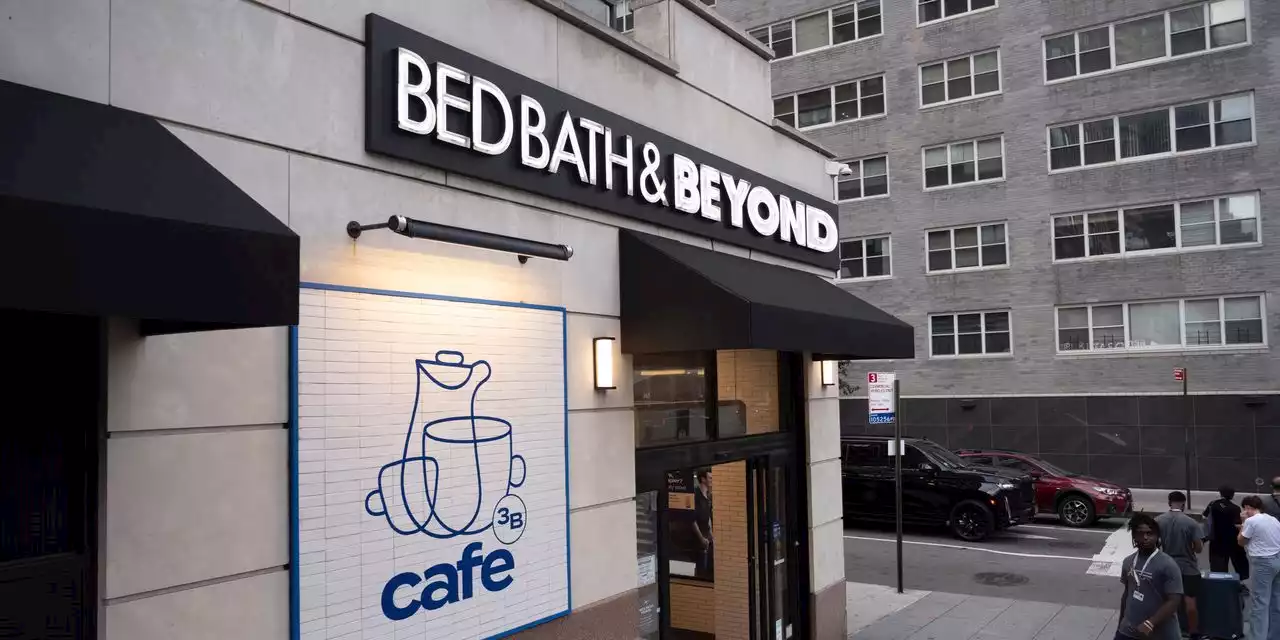 Bed Bath & Beyond to Close 150 Stores, Cut Staff, Sell Shares to Raise CashBed Bath & Beyond said it would close roughly 20% of its namesake stores, cut its workforce and bring in fresh cash to stabilize the business through the holiday season as the retailer confronts plunging sales
Bed Bath & Beyond to Close 150 Stores, Cut Staff, Sell Shares to Raise CashBed Bath & Beyond said it would close roughly 20% of its namesake stores, cut its workforce and bring in fresh cash to stabilize the business through the holiday season as the retailer confronts plunging sales
Read more »
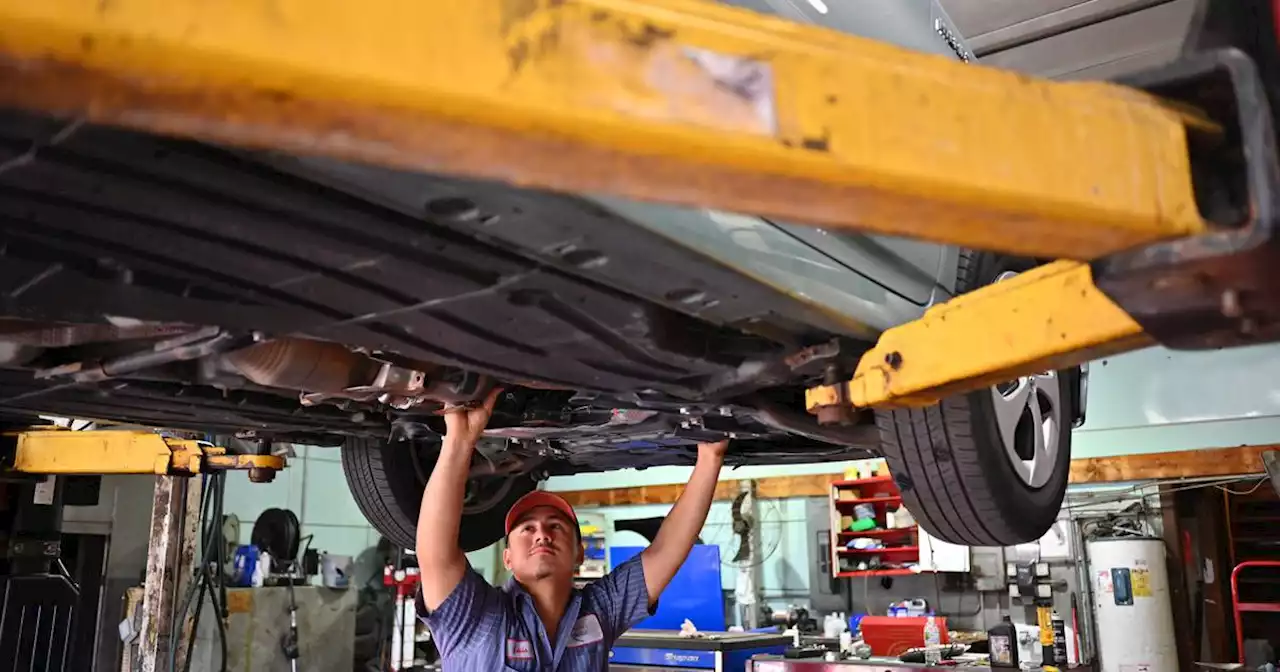 Catalytic converter theft rising in Chicago: Removing auto exhaust device takes a minute, but replacing it could take monthsCatalytic converter theft is skyrocketing in Chicago, as thieves cut off the valuable exhaust device in minutes for resale on the black market. It may take car owners months to replace it.
Catalytic converter theft rising in Chicago: Removing auto exhaust device takes a minute, but replacing it could take monthsCatalytic converter theft is skyrocketing in Chicago, as thieves cut off the valuable exhaust device in minutes for resale on the black market. It may take car owners months to replace it.
Read more »
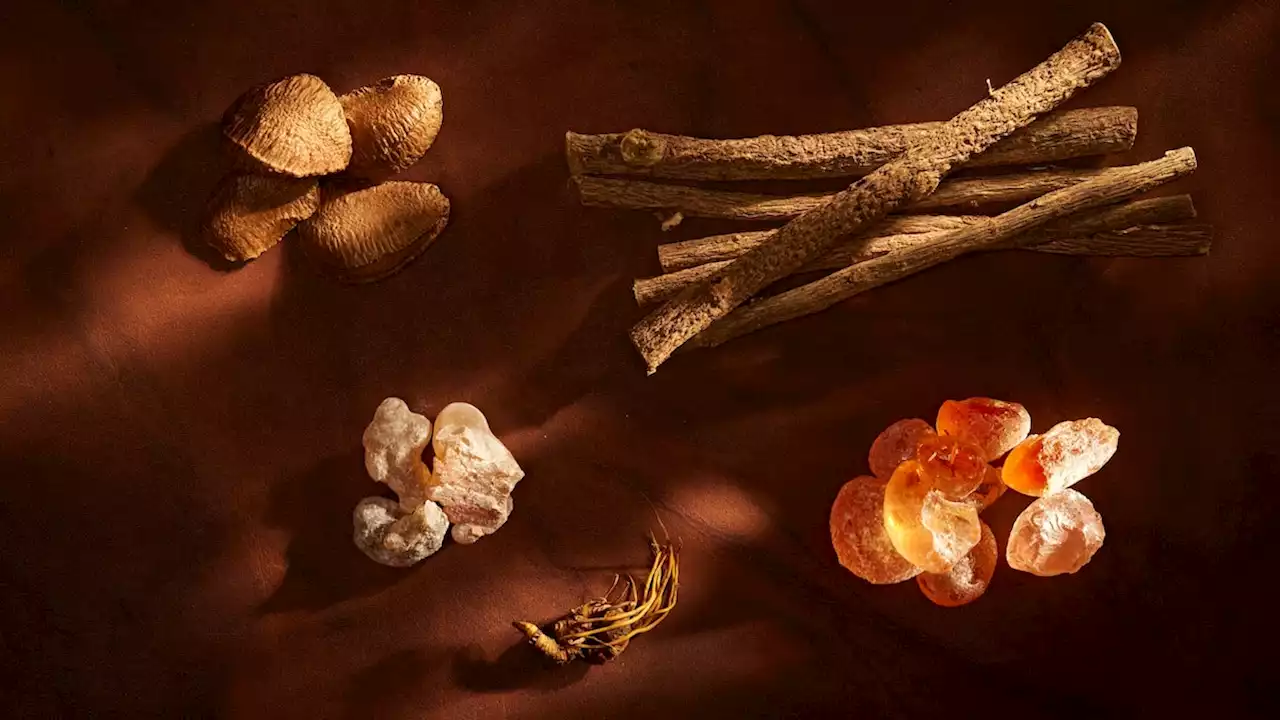 Everyday foods and cosmetics that use wild plants may be harming the environmentThe chocolate you eat, the moisturizer you use, the tea you drink—these everyday products contain ingredients from wild plants. But little thought is given to where they’re found or how they’re harvested
Everyday foods and cosmetics that use wild plants may be harming the environmentThe chocolate you eat, the moisturizer you use, the tea you drink—these everyday products contain ingredients from wild plants. But little thought is given to where they’re found or how they’re harvested
Read more »
